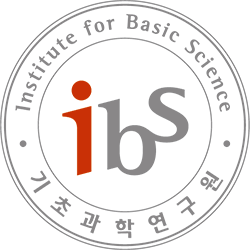Se-Young Yun (윤세영), Regret in Online Recommendation Systems
We propose a theoretical analysis of recommendation systems in an online setting, where items are sequentially recommended to users over time. In each round, a user, randomly picked from a population of m users, requests a recommendation. The decision-maker observes the user and selects an item from a catalogue of n items. Importantly, an item …

